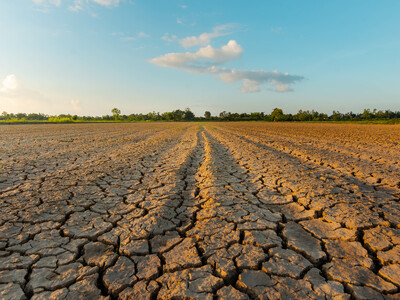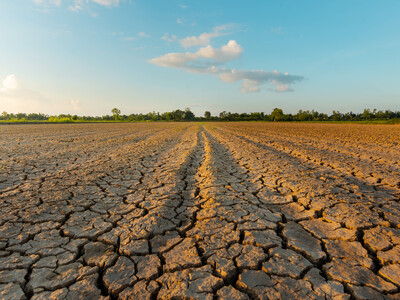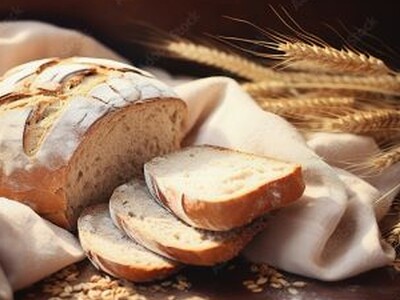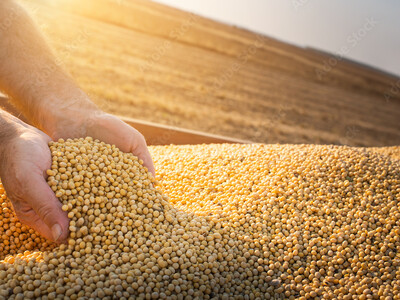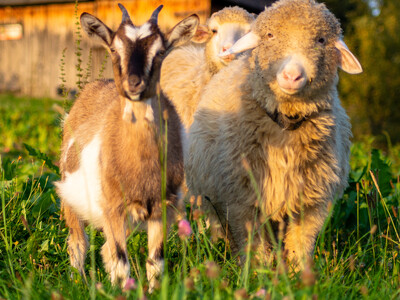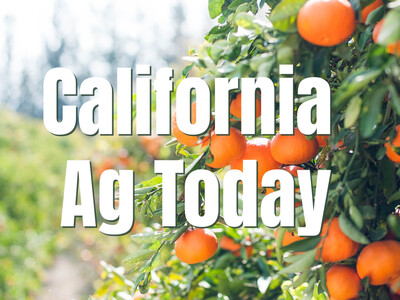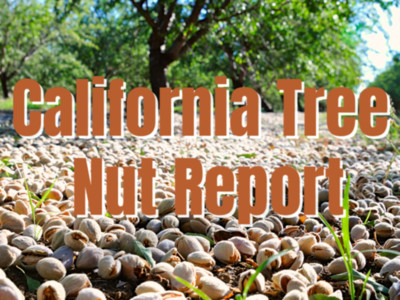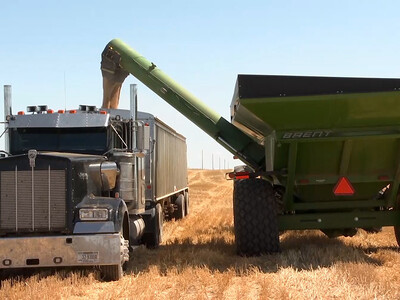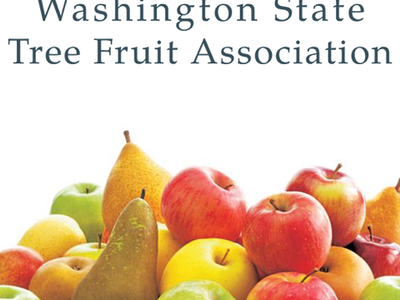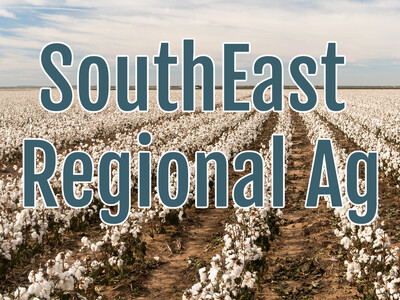Important Pollinators
Important Pollinators. I’m Greg Martin with today’s Line On Agriculture.
Bees are kind of the unsung heroes of the world. Without their tireless efforts pollination would just not be the same. Dick Rogers, Apiologist and Bayer Bee Care Center Manager discusses the Bee Care Center.
ROGERS: The Bee Care Center is a facility that’s been started both in Germany and in North America and these centers are a way to bring together all the diverse activities, bee related activities of Bayer. Bayer has been involved in bee health related activities for more than 25 years because we wanted to bring all these different department activities together this seemed to be the best approach.
Rogers discusses Pollinator Week.
ROGERS: Pollinator Week is and even that is happening this year between June 18th and June 24th. It’s the 6th Annual Pollinator Week and it was started by the North American Pollinator Protection Campaign to raise awareness of the health of pollinators and pollinators include birds, bees, bats and other animals. Any animals and insects that pollinate a plant. Several years ago the U.S. Senate unanimously approved designating a week in June as National Pollinator Week.
He talks specifics about pollinators.
ROGERS: Pollinators can be insects. This includes honey bees, other bee species, moths, butterflies, beetles, flies and it also includes animals such as birds and bats and even mice. Pollinators are quite a diverse group and what is meant by pollinators is an organism that will cause pollination to occur and that’s simply the transfer of pollen from the male part of the plant to the female part of the plant.
Bees of course are the most common and best known of the pollinators.
ROGERS: Bees in general are vital to the pollination of crops. In the U.S. alone it’s estimated that more than $15-billion worth of crops are annually pollinated by honey bees. And there’s also 20-thousand plus species of bees worldwide that are essential of wild plants and crop plants as well so they are very valuable and the only specie of the pollinator that produces food that we can eat is of course the honey bee and that product is honey, and I think we all love honey.
That’s today’s Line On Agriculture. I’m Greg Martin on the Ag Information Network.




